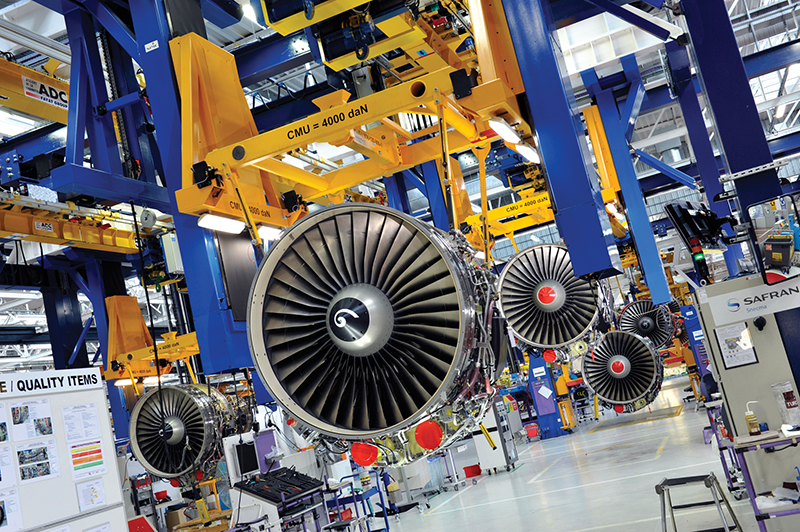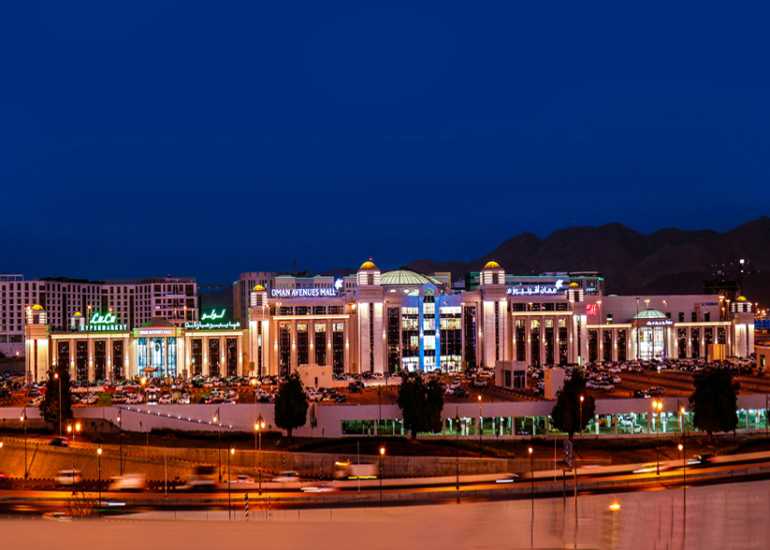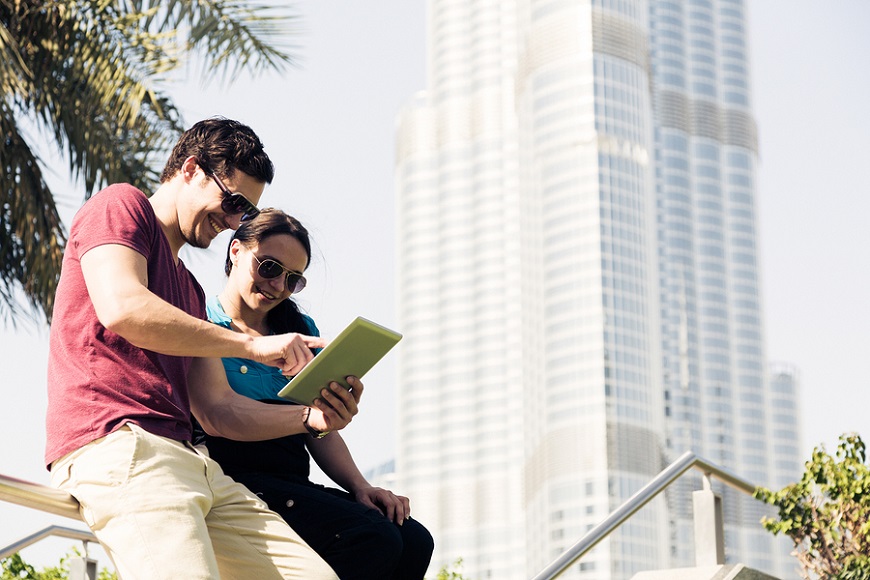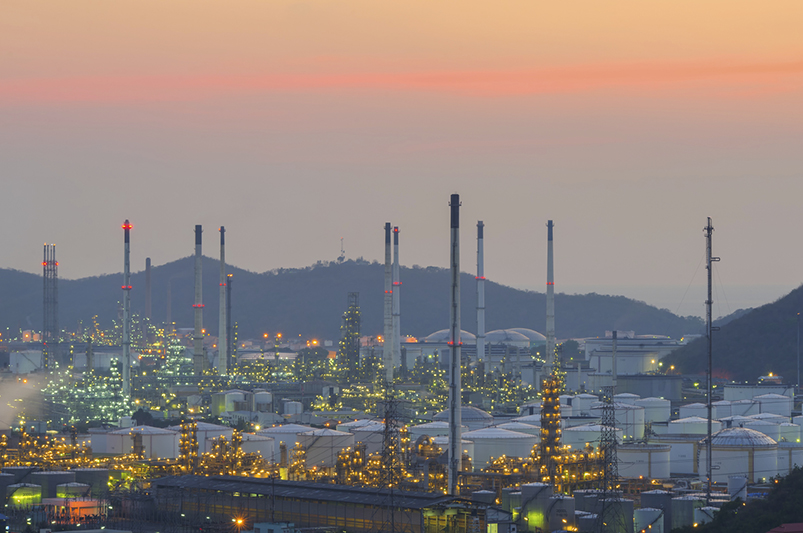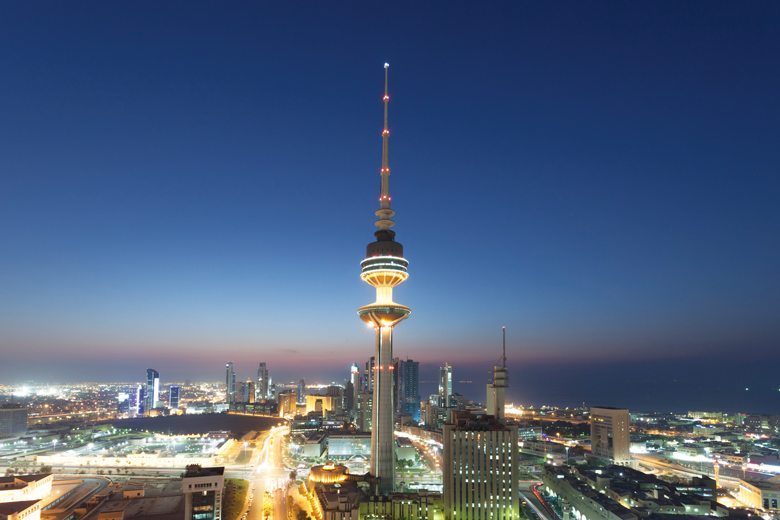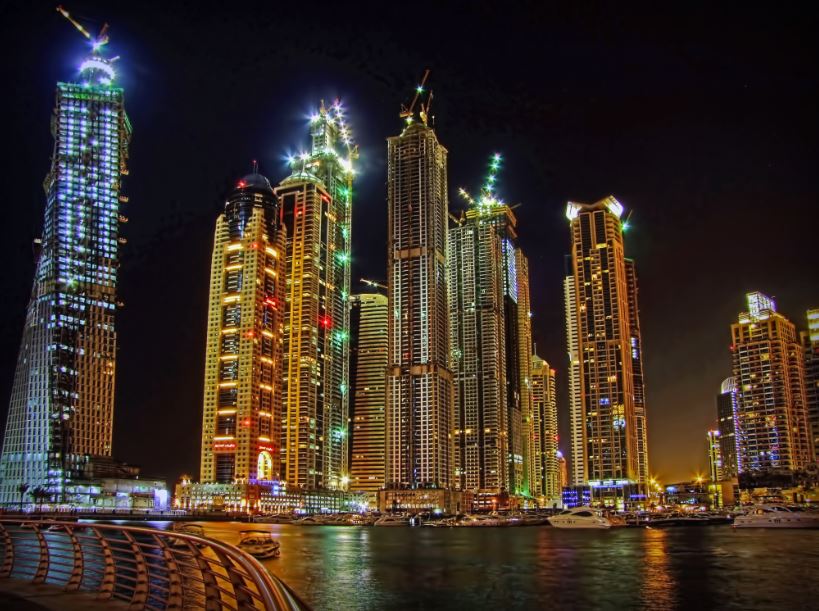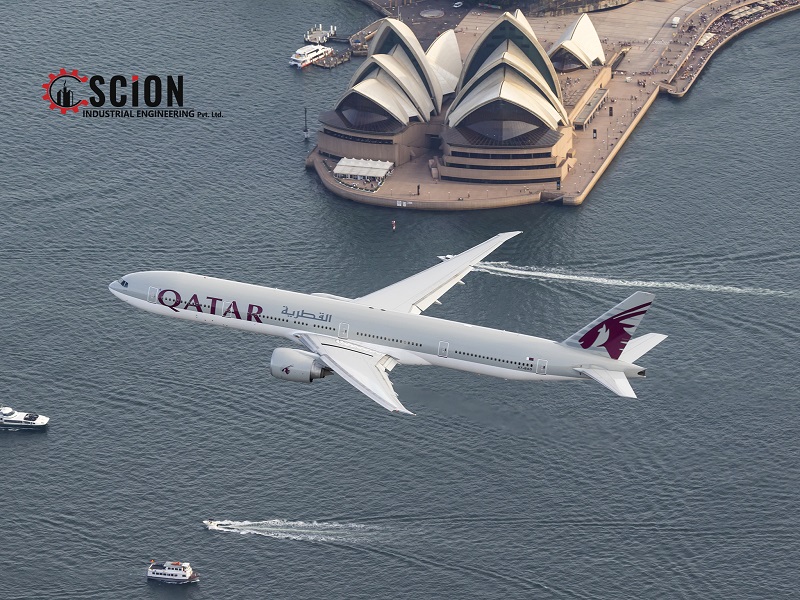Bahrain Economic Development Board (Bahrain EDB) and Georgetown Law School co-hosted the seminar “Innovating Trade: The Impact of Digital Laws and Emerging Technologies” at the Ritz-Carlton Bahrain.
Through a series of case studies presented and roundtable discussions, the seminar examined the profound effects of digital legislation and technological innovations on international trade. Discussions focused on how these factors influence trade flows and enable businesses to increase trade volumes both domestically and across borders.
The seminar hosted international experts from the U.S. and beyond, as well as high-profile attendees, including H.H. Shaikha Nayla bint Hamad bin Ebrahim Al-Khalifa, Chairperson and Founder of Royal Life Saving Bahrain, H.E. Noor bint Ali Alkhulaif, Minister of Sustainable Development and Chief Executive of Bahrain EDB, H.E. Dr. Ramzan bin Abdulla Al Nuaimi, Minister of Information, H.E. Steven Bondy, U.S. Ambassador to the Kingdom of Bahrain, Georgetown Law Alumni, and senior representatives from leading law firms and government entities of Bahrain.
The welcome address was delivered by H.E. Noor bint Ali Alkhulaif, Minister of Sustainable Development and Chief Executive of Bahrain EDB, and by Dean William M. Treanor, Executive Vice President of Georgetown University and Dean of the Law Center.
Key topics discussed at the seminar included the implications of digital laws and regulations, the cross-border transfer of data, the role of emerging technologies such as artificial intelligence, internet of things and cloud computing in shaping international trade, discussing recent developments in global practices, and the necessity to adapt digital legislative frameworks to accommodate these technological changes.
Notable participants included Dr. Jameel Alalawi – a legal advisor, Abdallah Maher – a Partner at a US Law Firm, Zain Satardien – Advisor at Hourani & Partners, Firas Gadamsi – Partner at GLA&CO in Dubai, Catherine Kuhlmann – Visiting Professor of Law at Georgetown University, Mihaela Lodlova – Senior Regulatory and Competition Lawyer, Mohammed Owais Taha – Co-founder of 10 BE5 Ltd, Nada Al Saeed – Chief of Strategy at Bahrain EDB, and Zeina Albuainain- Associate at Al Tamimi & Company.
Bahrain has demonstrated a commitment to bolstering its ICT sector through the recent enactment of four pivotal laws aimed at enhancing the Kingdom’s value proposition for international investors. These include the Personal Data Protection Law, which governs the commercial use of personal data, and the Electronic Communications and Transactions Law, which regulates electronic communications, records and contracts. The Data Jurisdiction Law is designed to encourage international entities to use Bahrain-based cloud data centres. Lastly, Bahrain stands as the first nation to implement the Model Law on Transferable Electronic Records as developed by the United Nations Commission on International Trade Law (UNCITRAL), which includes the recognition and regulation of electronic forms of checks, bills of exchange, promissory notes, bills of lading, letters of credit, and warehouse receipts.
Source:https://www.bahrainedb.com/latest-news/bahrain-edb-and-georgetown-university-discuss-impact-of-digital-laws-and-emerging-technologies-on-trade

